News
Editorial: Toxic Fandom is Strangling Genre Filmmaking
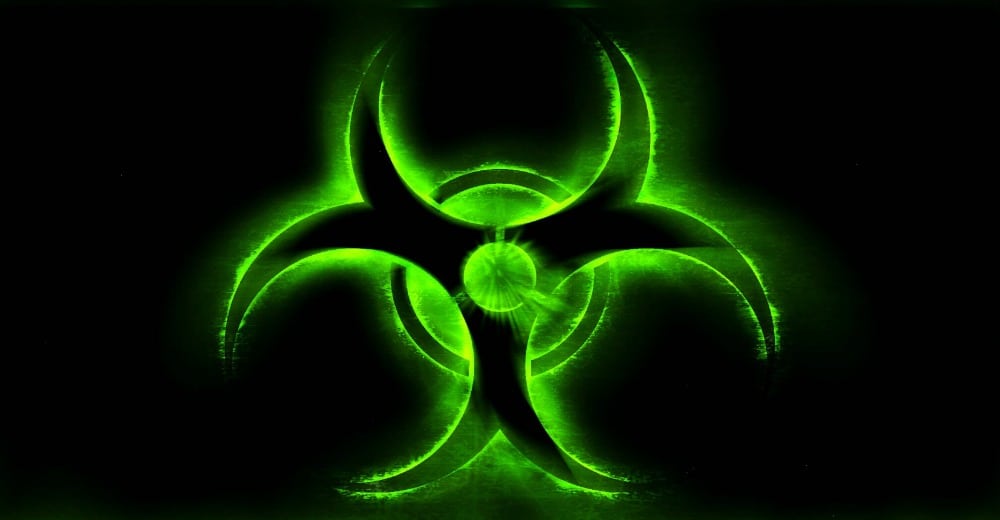
I often sit and wonder about the things I read online, and how we got to a particular point in society. In the last few years, it seems to happen more and more that I sign on to find more articles about filmmakers, actors, casting agents, etc. bullied and harassed to the point that they decide to pull back from social media and other contact from the public in order to protect their sanity from toxic fandom.
Just in the last year, Kelly Tran, breakout star in Star Wars: The Last Jedi and a constant and positive ray of sunshine to her fans, withdrew from social media after repeated and constant racist and threatening attacks because a certain demographic of “franchise fans” were livid with the film.
Those same fans started a petition to completely remake the film in order to “save the franchise” from what had been done to it by The Last Jedi. Now, take a step back and think on what it means for a “fan” to feel that they’re owed a completely new film because the one that was released was not made and did not go in the direction that they thought it should.
More recently, we’ve seen the backlash against Ruby Rose after her casting as Batwoman in the CW’s popular Arrowverse because people thought she was neither Jewish enough nor Lesbian enough to be cast in the role. Rose, who came out at the age of 12 and who also identifies as gender fluid decided to take a break from Twitter in order to prepare for the role without having to read the tweets of hundreds of people telling her she couldn’t do it.
As a side note, how is that even a question? How much lesbian does one have to be in order to be considered lesbian enough? Have you ever heard anything so ridiculous?
And lest you think that this only happens in the world of comic book and fantasy/sci fi films, I encourage you to take a look back over comments made on our own iHorror Facebook page every single day with regards to various films and the actors in them.
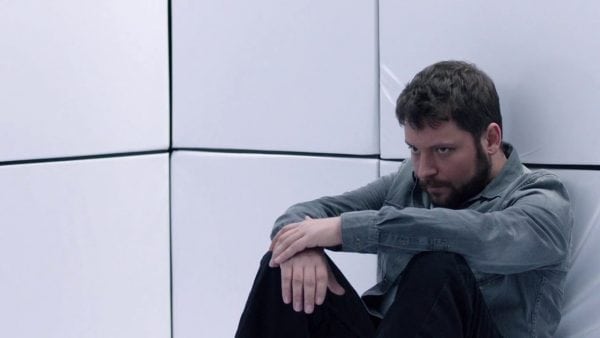
“Fans” of the Chucky franchise had plenty to say about Cult of Chucky. The negativity would be ridiculous if it wasn’t so worrisome.
It generally starts out innocently enough (though not always) with a comment about how someone doesn’t agree with the casting of a film or that they’re remaking an older film, but then you can sit back and watch as that little seed of a comment begins to sprout.
Someone agrees with them, so they come back with something stronger and a little nastier. Then someone else ups the ante with another far more negative statement and before long, the entire thread has bloomed into something poisonous that threatens to take over the entire feed.
How many times have we seen people online rage about how they want something new and different from horror filmmakers only to then watch those same people take a steaming crap on every attempt by filmmakers to do so?
How many times have we witnessed online conversations by supposed fans of the genre in which they basically say that they want something new…that’s exactly like what they watched when they were kids…but not a remake…but nothing different…but something new?
And furthermore, how many times have we seen those conversations and comments become something incoherent and rage-fueled in its vehemence? How long does it take before someone begins to threaten someone else who disagrees with them? How long will it be before we see people actually acting on that rage and those threats?
But where does this come from? Where does this feeling of “I like something so I should be able to dictate how it’s made and who makes it and who stars in it” begin?
In a blog posted earlier this year, Aaron Cooper sought to dig into this issue in a blog titled “Us vs. Them: Toxic Fandom and the Cult of Identity” and he hit on a major point that resonates with me when I see these interactions online.
In the post, he begins by pointing out that these kind of reactions are nothing new, really. One only has to go back and look at the reactions of readers when Sir Arthur Conan Doyle decided to kill Sherlock Holmes in the 1890s because he had grown tired of writing the same character over and over again.
What did those fans do?
They wrote letters. They made threats, and some of those intrepid souls began to write their own Holmes stories.
Sound familiar?
Still, Cooper points out that this problem has grown, especially in the digital age, and he lays the blame, at least in part, on identity marketing.
For those unfamiliar, identity marketing at its core encourages a feeling of entitlement by belonging to a specific group or fandom by convincing those members that no one else “gets them” but it’s because those outsiders are not actually worthy of being a part of the group anyway.
“Mentally subscribing to a fandom is a means of to showboat legitimacy,” Cooper says. “In the past, fandoms were mostly exclusive to a small set of people. It’s not only safer to express your love of something unpopular in the mainstream while in small numbers, but it’s simply more appealing. After all, if everyone loved Neon Genesis: Evangelion, it wouldn’t feel as cool right? This also lends to the idea of social status. Unfortunately, social status feeds narcissism.”
So, case in point. I, myself, am a huge fan of the Halloween franchise. Seriously, I love those movies so much and I can spend hours giving a lecture on why Michael Myers is the biggest badass among other franchise villains.
Then Rob Zombie comes along and remakes it, and in the process, completely throws out what I consider to be the scariest point of the film franchise. Michael Myers was scary because, until the point that he killed his sister, so far as we know, he had never shown any signs of violence.
He was a little kid from a good suburban home with no seeming motivation and then one day he just snapped. This, to me and countless other fans, is terrifying because it could be any kid who lives down the street from me!
Zombie’s film supplied Michael with an abusive background, a history of hurting small animals, and a serious temper thus eliminating the thing that set Michael apart from the rest and I was livid. I must have bored most of my friends to tears with explanations of why the film sucked and why it should never have happened.
However, in all of that, I never once felt the need to threaten Rob Zombie or his family. I never got online and wrote nasty messages to the film’s stars telling them to die or quit acting or making racially or gender-motivated comments about them, and there is the line, readers.
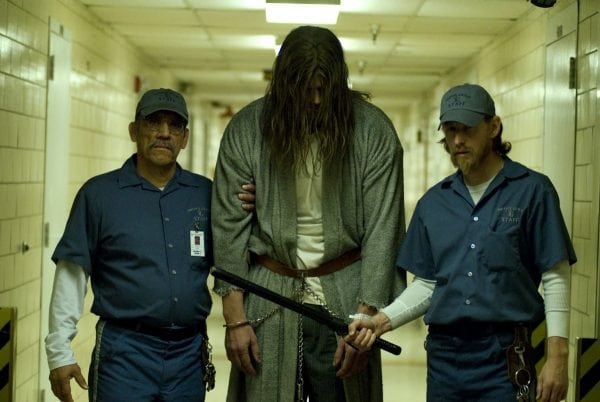
Rob Zombie’s Halloween
Repeat after me:
Everyone has a right to their feelings, thoughts, and opinions, but you do not have the right to use those opinions as fuel to make threats against other fans or the creative team or the actors (who are just doing their job, by the way) because something does not fit into the mold that you feel it should. And you certainly don’t have the right to make good on those threats.
The concept of identity marketing and the ensuing narcissistic behavior continues to be fueled by an “us vs. them” dynamic and even more strangely, we’ve even begun to see an inversion to the previous examples.
How many times online have you read, “Oh you liked that movie? Well, as a real horror fan, I can tell you it sucked” or “If you were a real horror fan, you’d think was just as terrible as I did and the person that made it should be shot”?
Okay, that last part was a little extreme but I’ve seen similar comments with my own eyes.
Obviously, in these examples, the toxic portions of our fandom are now manipulating the rules to be a part of the club. It’s not enough that you like horror movies. Now you have to like a particular list of films in order to be a real fan.
This adds yet another layer of exclusivity to a genre that is already clearly relegated to the outskirts of “legitimate” filmmaking, but that’s okay because those other people just don’t get it, right?
Wrong.
This toxic attitude serves no one and nothing in the genre. It is pushing away new horror fans and has given rise to what I have personally termed “horror hipsters”, i.e. those people who are prepared to hate anything that the public at large enjoys.
Additionally, it is creating a hostile environment for writers, directors, and actors within the genre. Would you honestly want to spend countless days, weeks, months, or even years creating something that you knew the fandom would tear apart even if you tailor made it to their specifications?
And that, readers, is when we see the genre begin to atrophy. You can blame reboots, remakes, Twilight fans, or whoever you want, but toxic fandom will be the hill on which this genre breathes its last breath.
So what do we do? How do we stem the tide of this toxic environment?
I’m not certain there is a clear answer to this. Certainly, we can start taking stock of and tempering our own reactions, but I think this goes beyond that.
The toxicity of these fandoms is nourished by the anonymity of online communication where one can drop a nasty, hate-filled comment on one subject and then jump over to the next with zero thought in between.
The only way to break this cycle is by elevating the level of that communication, and I fear that mountain is a long and difficult one to climb. Still, we must, and we must do it in our own forums.
Death threats to a filmmaker or actor are not a normal reaction to not liking a film.
Threats of violence against someone who doesn’t agree with you about a film (or anything else for that matter) is not a normal reaction.
Just because you like or love a franchise, film, etc. does not mean you own it, nor does it mean that the filmmakers of future iterations must follow your rules and story lines, especially when the fandom can’t even agree on what those rules should be. This is even more true when the person making those films is the original creator. It can’t be “outside of canon” if the person making it created the canon.
Our silence is our undoing; if we don’t step in where we see these things happen, we are guilty by association.
'Civil War' Review: Is It Worth Watching?
Follow our new YouTube channel "Mysteries and Movies" here.
Lists
Thrills and Chills: Ranking ‘Radio Silence’ Films from Bloody Brilliant to Just Bloody
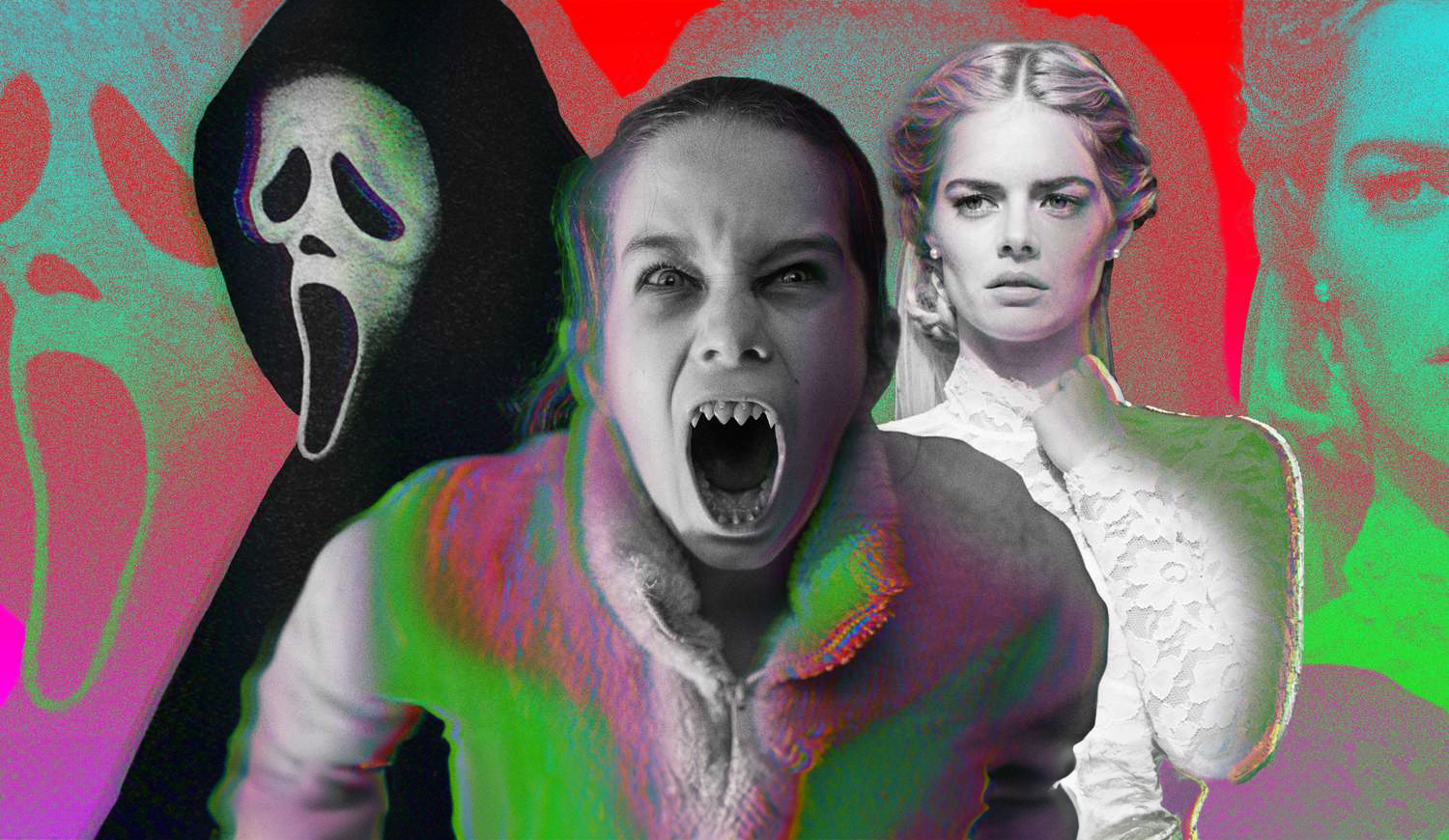
Matt Bettinelli-Olpin, Tyler Gillett, and Chad Villella are all filmmakers under the collective label called Radio Silence. Bettinelli-Olpin and Gillett are the primary directors under that moniker while Villella produces.
They have gained popularity over the past 13 years and their films have become known as having a certain Radio Silence “signature.” They are bloody, usually contain monsters, and have breakneck action sequences. Their recent film Abigail exemplifies that signature and is perhaps their best film yet. They are currently working on a reboot of John Carpenter’s Escape From New York.
We thought we would go through the list of projects they have directed and rank them from high to low. None of the movies and shorts on this list are bad, they all have their merits. These rankings from top to bottom are just ones we felt showcased their talents the best.
We didn’t include movies they produced but didn’t direct.
#1. Abigail
An update to the second film on this list, Abagail is the natural progression of Radio Silence’s love of lockdown horror. It follows in pretty much the same footsteps of Ready or Not, but manages to go one better — make it about vampires.
#2. Ready or Not
This film put Radio Silence on the map. While not as successful at the box office as some of their other films, Ready or Not proved that the team could step outside their limited anthology space and create a fun, thrilling, and bloody adventure-length film.
#3. Scream (2022)
While Scream will always be a polarizing franchise, this prequel, sequel, reboot — however you want to label it showed just how much Radio Silence knew the source material. It wasn’t lazy or cash-grabby, just a good time with legendary characters we love and new ones who grew on us.
#4 Southbound (The Way Out)
Radio Silence tosses their found footage modus operandi for this anthology film. Responsible for the bookend stories, they create a terrifying world in their segment titled The Way Out, which involves strange floating beings and some sort of time loop. It’s kind of the first time we see their work without a shaky cam. If we were to rank this entire film, it would remain at this position on the list.
#5. V/H/S (10/31/98)
The film that started it all for Radio Silence. Or should we say the segment that started it all. Even though this isn’t feature-length what they managed to do with the time they had was very good. Their chapter was titled 10/31/98, a found-footage short involving a group of friends who crash what they think is a staged exorcism only to learn not to assume things on Halloween night.
#6. Scream VI
Cranking up the action, moving to the big city and letting Ghostface use a shotgun, Scream VI turned the franchise on its head. Like their first one, this film played with canon and managed to win over a lot of fans in its direction, but alienated others for coloring too far outside the lines of Wes Craven’s beloved series. If any sequel was showing how the trope was going stale it was Scream VI, but it managed to squeeze some fresh blood out of this nearly three-decade mainstay.
#7. Devil’s Due
Fairly underrated, this, Radio Silence’s first feature-length film, is a sampler of things they took from V/H/S. It was filmed in an omnipresent found footage style, showcasing a form of possession, and features clueless men. Since this was their first bonafide major studio job it’s a wonderful touchstone to see how far they have come with their storytelling.
'Civil War' Review: Is It Worth Watching?
Follow our new YouTube channel "Mysteries and Movies" here.
News
Perhaps the Scariest, Most Disturbing Series of The Year

You may have never heard of Richard Gadd, but that will probably change after this month. His mini-series Baby Reindeer just hit Netflix and it’s a terrifying deep dive into abuse, addiction, and mental illness. What is even scarier is that it’s based on Gadd’s real-life hardships.
The crux of the story is about a man named Donny Dunn played by Gadd who wants to be a stand-up comedian, but it’s not working out so well thanks to stage fright stemming from his insecurity.
One day at his day job he meets a woman named Martha, played to unhinged perfection by Jessica Gunning, who is instantly charmed by Donny’s kindness and good looks. It doesn’t take long before she nicknames him “Baby Reindeer” and begins to relentlessly stalk him. But that is just the apex of Donny’s problems, he has his own incredibly disturbing issues.
This mini-series should come with a lot of triggers, so just be warned it is not for the faint of heart. The horrors here don’t come from blood and gore, but from physical and mental abuse that go beyond any physiological thriller you may have ever seen.
“It’s very emotionally true, obviously: I was severely stalked and severely abused,” Gadd said to People, explaining why he changed some aspects of the story. “But we wanted it to exist in the sphere of art, as well as protect the people it’s based on.”
The series has gained momentum thanks to positive word-of-mouth, and Gadd is getting used to the notoriety.
“It’s clearly struck a chord,” he told The Guardian. “I really did believe in it, but it’s taken off so quickly that I do feel a bit windswept.”
You can stream Baby Reindeer on Netflix right now.
If you or someone you know has been sexually assaulted, please contact the National Sexual Assault Hotline at 1-800-656-HOPE (4673) or go to rainn.org.
'Civil War' Review: Is It Worth Watching?
Follow our new YouTube channel "Mysteries and Movies" here.
Movies
The Original ‘Beetlejuice’ Sequel Had an Interesting Location
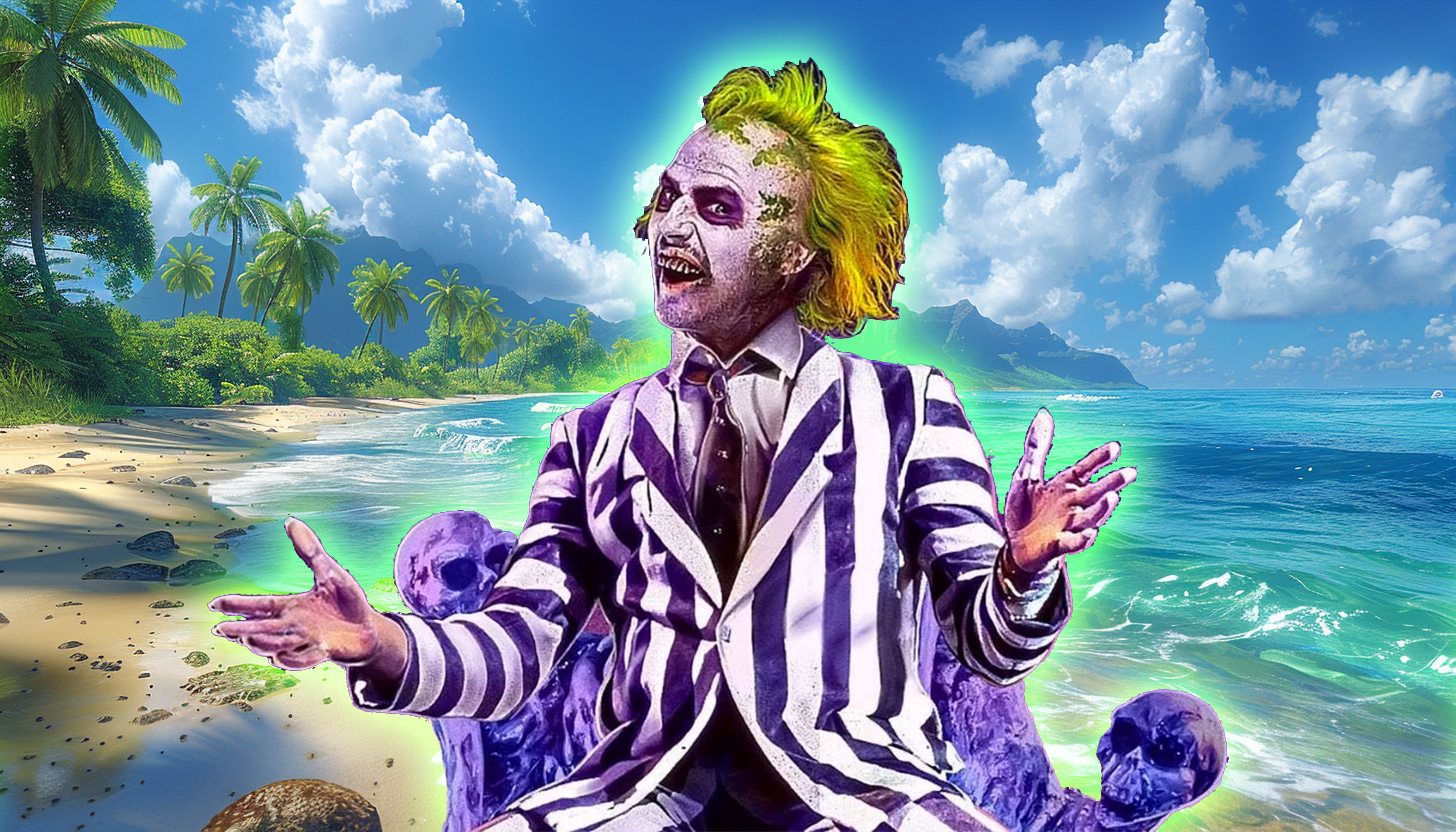
Back in the late ’80s and early ’90s sequels to hit movies weren’t as linear as they are today. It was more like “let’s re-do the situation but in a different location.” Remember Speed 2, or National Lampoon’s European Vacation? Even Aliens, as good as it is, follows a lot of the plot points of the original; people stuck on a ship, an android, a little girl in peril instead of a cat. So it makes sense that one of the most popular supernatural comedies of all time, Beetlejuice would follow the same pattern.
In 1991 Tim Burton was interested in doing a sequel to his 1988 original, it was called Beetlejuice Goes Hawaiian:
“The Deetz family moves to Hawaii to develop a resort. Construction begins, and it’s quickly discovered that the hotel will be sitting on top of an ancient burial ground. Beetlejuice comes in to save the day.”
Burton liked the script but wanted some re-writes so he asked then-hot screenwriter Daniel Waters who had just got done contributing to Heathers. He passed on the opportunity so producer David Geffen offered it to Troop Beverly Hills scribe Pamela Norris to no avail.
Eventually, Warner Bros. asked Kevin Smith to punch up Beetlejuice Goes Hawaiian, he scoffed at the idea, saying, “Didn’t we say all we needed to say in the first Beetlejuice? Must we go tropical?”
Nine years later the sequel was killed. The studio said Winona Ryder was now too old for the part and an entire re-cast needed to happen. But Burton never gave up, there were a lot of directions he wanted to take his characters, including a Disney crossover.
“We talked about lots of different things,” the director said in Entertainment Weekly. “That was early on when we were going, Beetlejuice and the Haunted Mansion, Beetlejuice Goes West, whatever. Lots of things came up.”
Fast-forward to 2011 when another script was pitched for a sequel. This time the writer of Burton’s Dark Shadows, Seth Grahame-Smith was hired and he wanted to make sure the story wasn’t a cash-grabbing remake or reboot. Four years later, in 2015, a script was approved with both Ryder and Keaton saying they would return to their respective roles. In 2017 that script was revamped and then eventually shelved in 2019.
During the time the sequel script was being tossed around in Hollywood, in 2016 an artist named Alex Murillo posted what looked like one-sheets for a Beetlejuice sequel. Although they were fabricated and had no affiliation with Warner Bros. people thought they were real.
Perhaps the virality of the artwork sparked interest in a Beetlejuice sequel once again, and finally, it was confirmed in 2022 Beetlejuice 2 had a green light from a script written by Wednesday writers Alfred Gough and Miles Millar. The star of that series Jenna Ortega signed on to the new movie with filming starting in 2023. It was also confirmed that Danny Elfman would return to do the score.
Burton and Keaton agreed that the new film titled Beetlejuice, Beetlejuice wouldn’t rely on CGI or other other forms of technology. They wanted the film to feel “handmade.” The film wrapped in November 2023.
It’s been over three decades to come up with a sequel to Beetlejuice. Hopefully, since they said aloha to Beetlejuice Goes Hawaiian there has been enough time and creativity to ensure Beetlejuice, Beetlejuice will not only honor the characters, but fans of the original.
Beetlejuice, Beetlejuice will open theatrically on September 6.
'Civil War' Review: Is It Worth Watching?
Follow our new YouTube channel "Mysteries and Movies" here.
-

 News6 days ago
News6 days agoWoman Brings Corpse Into Bank To Sign Loan Papers
-
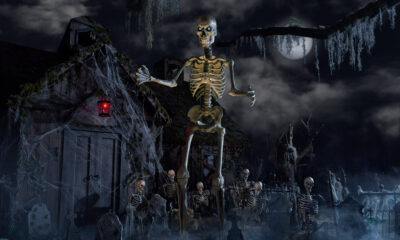
 News7 days ago
News7 days agoHome Depot’s 12-Foot Skeleton Returns with a New Friend, Plus New Life-Size Prop from Spirit Halloween
-
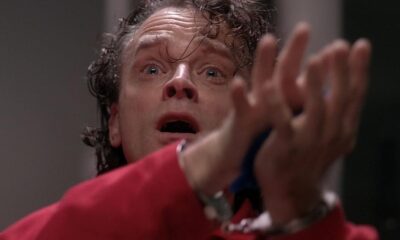
 News4 days ago
News4 days agoBrad Dourif Says He’s Retiring Except For One Important Role
-
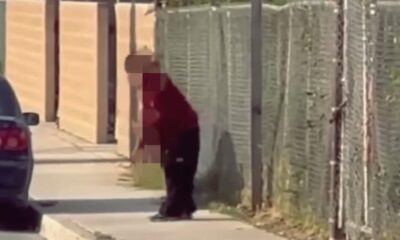
 Strange and Unusual5 days ago
Strange and Unusual5 days agoMan Arrested for Allegedly Taking a Severed Leg From Crash Site And Eating It
-
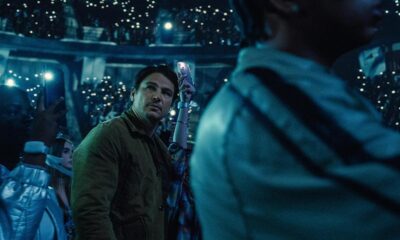
 Movies6 days ago
Movies6 days agoPart Concert, Part Horror Movie M. Night Shyamalan’s ‘Trap’ Trailer Released
-
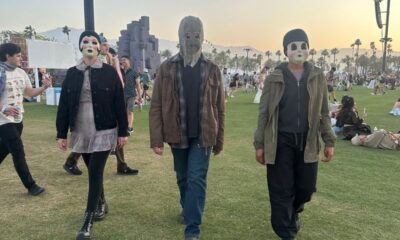
 Movies6 days ago
Movies6 days ago‘The Strangers’ Invaded Coachella in Instagramable PR Stunt
-
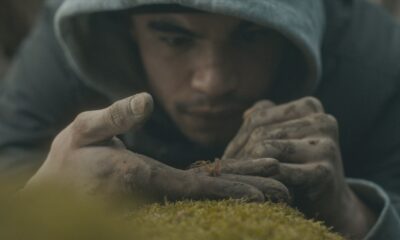
 Movies5 days ago
Movies5 days agoAnother Creepy Spider Movie Hits Shudder This Month
-
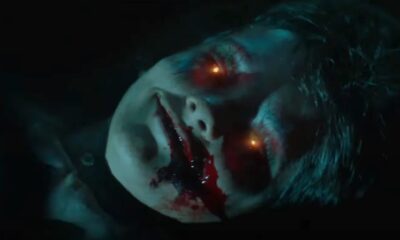
 Movies6 days ago
Movies6 days agoRenny Harlin’s Recent Horror Movie ‘Refuge’ Releasing in U.S. This Month
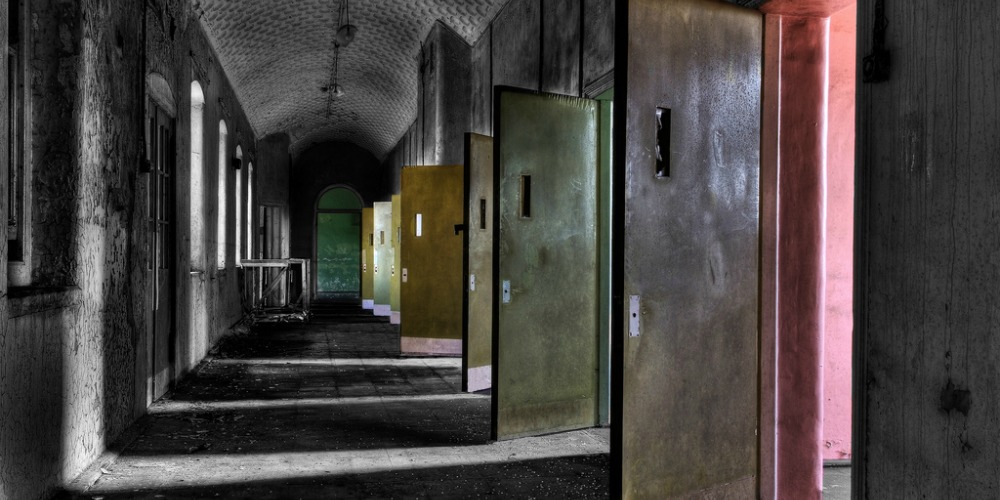
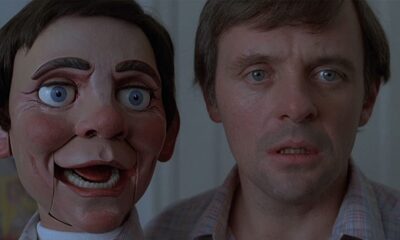

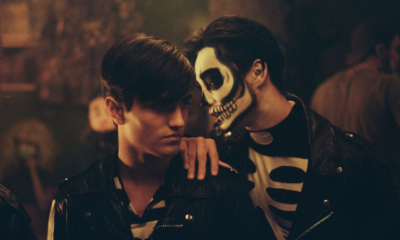


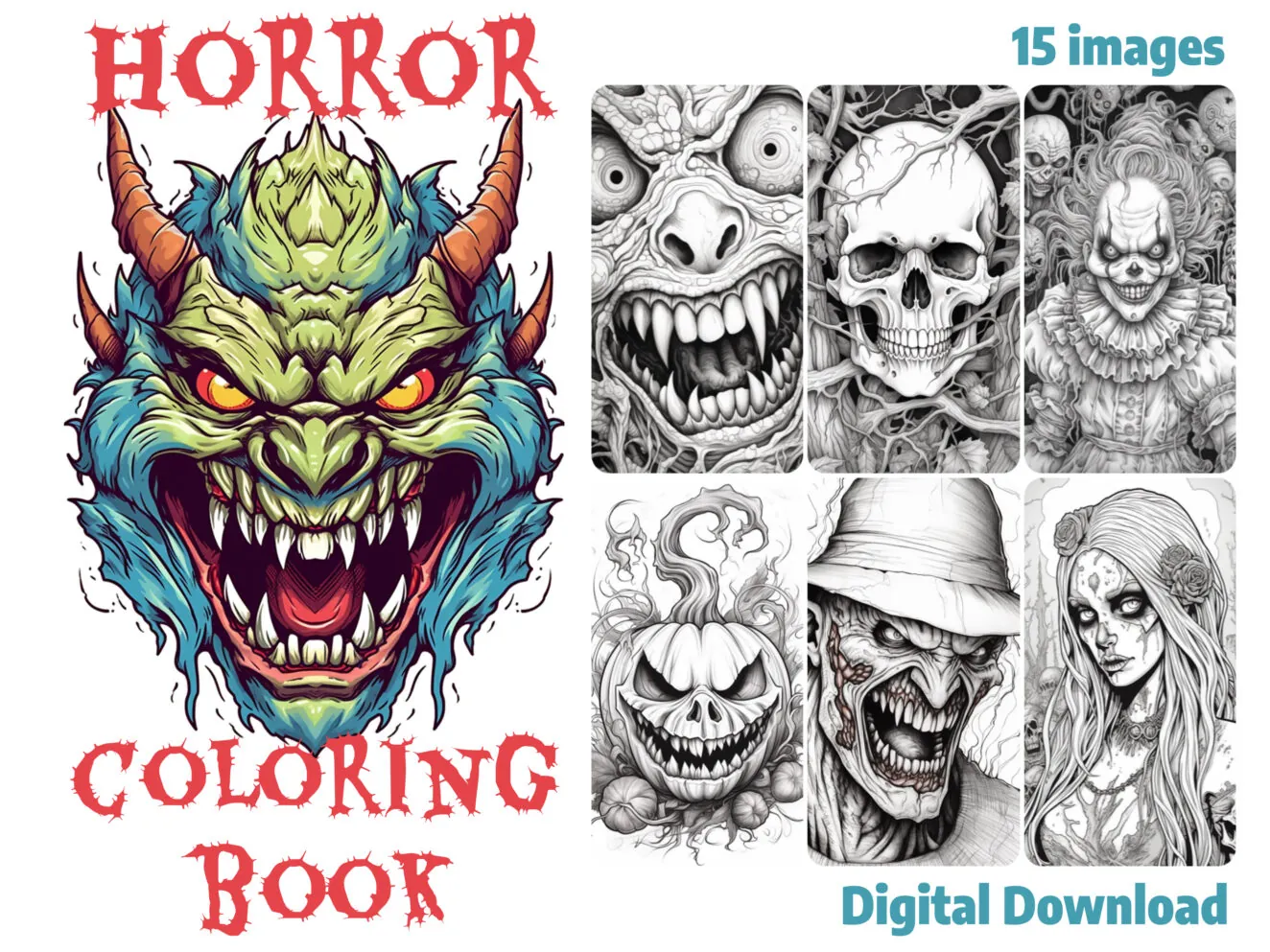
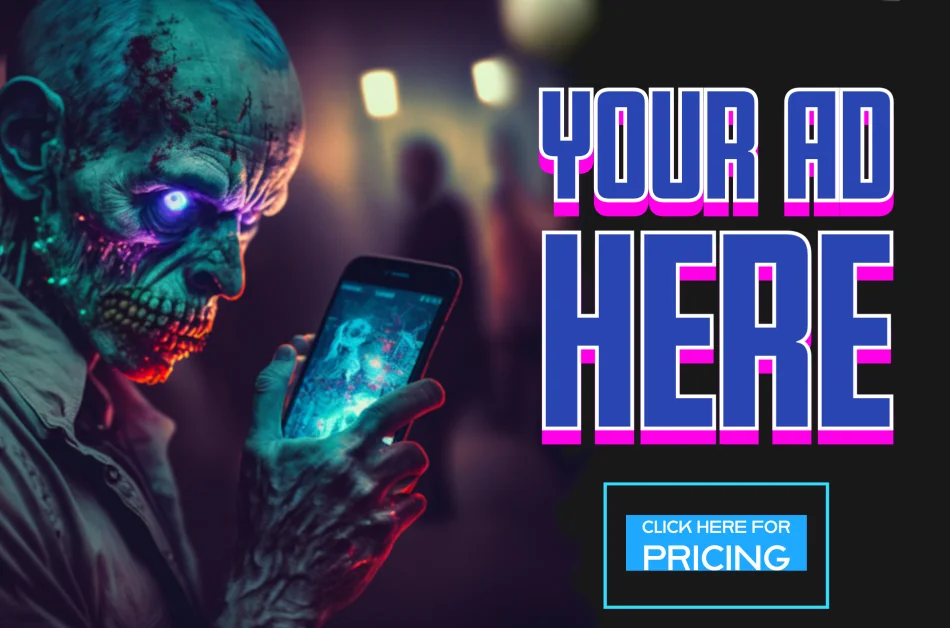















You must be logged in to post a comment Login